PLANS AND TRAINING FOR EXPOSURE TO BLOODBORNE PATHOGENS AND INFECTIOUS WASTE
Equip your employees with OSHA-compliant, exposure control plans
Hospital workers are not the only employees vulnerable to bloodborne pathogens and infectious waste. Teachers, child-care providers, and public safety officers can be exposed to blood and/or bodily fluids and must know what to do when encountering potentially infectious medical waste. The Occupational Safety and Health Administration (OSHA) requires that employers develop plans and procedures for handling infectious waste and preventing exposure to bloodborne pathogens. Our health and safety specialists help clients develop policies and exposure control plans and provide training on bloodborne pathogens and infectious waste specific to your workplace.

OUR BLOODBORNE PATHOGENS SAFETY SERVICES
Select the services that your business needs for a personalized and cost-effective solution
IEA helps clients comply with OSHA’s bloodborne pathogens standards by providing the following services.
- Develop customized management plans and post-exposure procedures including designing programs to reduce infectious waste streams
- Provide training customized to your facility and employees or develop “train-the-trainer” presentations in compliance with OSHA and EPA regulations
- Preparing and maintaining documentation required by law including providing registration and/or licensing assistance
- Review and update existing exposure control plans
- Assist with details of the OSHA standard, including the requirement to log injuries, such as needle sticks, and maintain other types of records
- Develop control strategies, including engineering controls, administrative controls, workplace controls, personal protection equipment (PPE), and housekeeping/cleanup/laundry
- Compliance with State or Federal OSHA Employee Right-to-Know (ERK)/Hazard Communication components regarding the inclusion of infectious diseases and bloodborne pathogens

